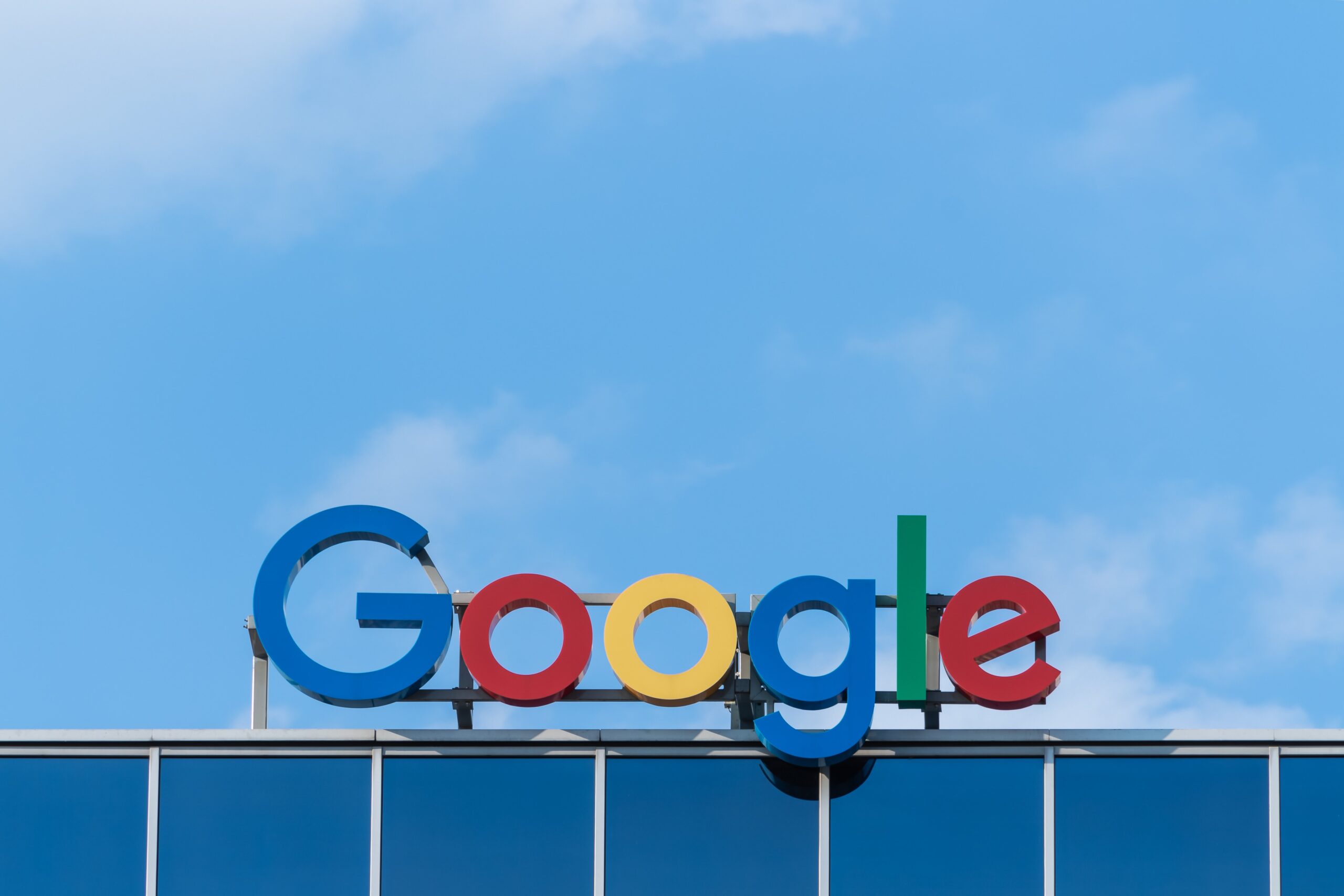Few things work harder in this world than Google’s search algorithm. In 2020 alone Google made 4,500 changes to search, including its ranking system and interface, and it’s reported that it was a similar figure last year as well. On top of this, Google ran more than 600,000 experiments, which means that Search evolves an average of 12 times each day.
As a digital marketer staying on top of forever changing algorithms on search engines and socials is unavoidable, and with planning and organisation you can certainly ensure your business is always prepared. We’ve rounded up the major Google changes coming in 2022, including what you can do to ensure your business is optimised and ready.
UPDATE 1: PAGE EXPERIENCE
Google rolled out its Page Experience Update last year and we expect to see more updates throughout the year. This update considers three Core Web Vitals signals (page loading, interactivity, and visual stability) and creates a single ranking factor for Google to score the user experience of web pages. While page experience won’t override quality of information (relevance is key at the end of the day), it does help to ensure that your page experience is as optimised as possible to ensure users spend longer on your site and return to it to seek similar information.
Ways to optimise your page experience:
- Ensure your images are compressed to reduce loading time without compromising image quality
- Cache your web pages
- Make sure your site is secure with HTTPS (your developer team can help you check this)
- Ensure your website is mobile-friendly. You can do that for free using Google’s Mobile-Friendly Test!
- Attribute width and height dimensions to each element on your web page. This is to reduce the occurence of visual elements shifting position several times as a page loads (which Google measures as a Cumulative Layout Shift score), which negatively impacts the user experience.
UPDATE 2: MULTITASK UNIFIED MODEL (MUM)
MUM also dropped last year, and the effects of which we’ll start to see more of throughout 2022. MUM is a deep-learning algorithm that focuses on search queries as opposed to web page content. It is touted as being 1,000 times more powerful than its previous iteration, called BERT, and improves Google’s ability to understand complex search queries as well as image recognition, audio, video content, multilingual content, and more correct understanding of misspelt words. In short, it moves beyond specific keywords to include multimedia more effectively, and is more phrase-friendly to allow for more detailed and nuanced answers in search results.
Ways to optimise for MUM:
- Focus on the customer journey on your webpage. If your customer is searching for a specific product and they click to your website, will they also find additional information about the product easily? Or will they need to return to search to find what they are looking for?
- Incorporate multimodal content in your pages. Complement your web page copy with relevant videos, which should be captioned for optimum accessibility. Also look at splitting up pages into easy-to-digest sections that can stand alone as snippets of information.
- Take note of your HTML tags – review all your titles, meta descriptions, and especially alt tags, which are quite often left by the wayside!

UPDATE 3: LINK SPAM UPDATE
In November last year Google released its latest spam update. The spam updates differ from Google’s ‘core updates’ in that core updates look at how content is assessed overall, whereas the spam updates target content that doesn’t follow Google’s guidelines. Given the previous update rolled out in July last year, it is probable that we will see few more iterations of this update throughout 2022.
How to optimise for the spam update:
- Review your inbound and outbound links. Seems simple enough, but it can turn into a far bigger project! Ensure that all your links – including internal – link to live and relevant sites and pages.
- Create rich content, relevant to your audience and not stuffed with keywords. If your website could use a content boost, it may be time to consider setting up a blog.
A final thought
Google’s Search algorithms are updated thousands of times each year to ensure that reliable and relevant results to user queries remain at the top of the list. The bottom line is that the updates seek to improve user experience and ensure that a user’s search journey is efficient and effective. When it comes to SEO updates, you should always be looking from a user perspective too. Whether you need an audit of your site, SEO recommendations or a full-service optimisation package, we can help!




